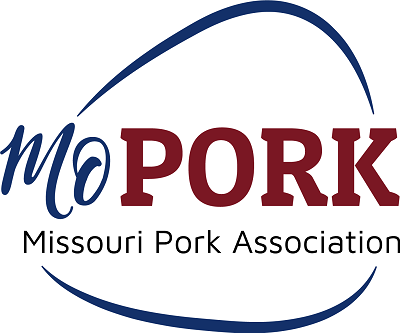
Missouri pork producers are grappling with the wide-reaching effects of California’s Proposition 12, which mandates minimum space requirements for certain farm animals sold within the state. Originally approved by California voters in 2018, the law went into full effect in January 2024 and has since sparked heated debate over its economic and operational impact on pork producers nationwide.
Todd Hayes, a Marion County farmer whose family has been raising pigs for over a century, views the law as a significant obstacle for smaller operations. “It puts small family farmers at a disadvantage,” Hayes said. He explained that compliance requires costly changes to facilities and operations, adding, “Individual stalls reduce competition among animals and improve survival rates, making them essential for many operations.”
Proponents of Proposition 12, however, see it differently. Kate Brindle, representing the Humane Society of the United States, argues that farmers had ample time to prepare for the changes. “This law aligns with global trends in animal welfare and meets evolving market expectations,” Brindle noted. She also emphasized California’s substantial role in the pork market, accounting for 15% of U.S. consumption. “Consumers have adjusted to the higher costs,” she added.
While supporters hail Proposition 12 as a step forward in animal welfare, Hayes and other farmers worry it sets a precedent for additional, potentially more restrictive regulations. The U.S. Supreme Court’s decision to uphold California’s right to enforce the law has only intensified concerns about the economic strain on small-scale farmers.
As the pork industry continues to navigate these challenges, the debate over animal welfare, farming practices, and the viability of family farms remains at the forefront. Stay tuned to Swine Web for ongoing coverage of this critical issue.





